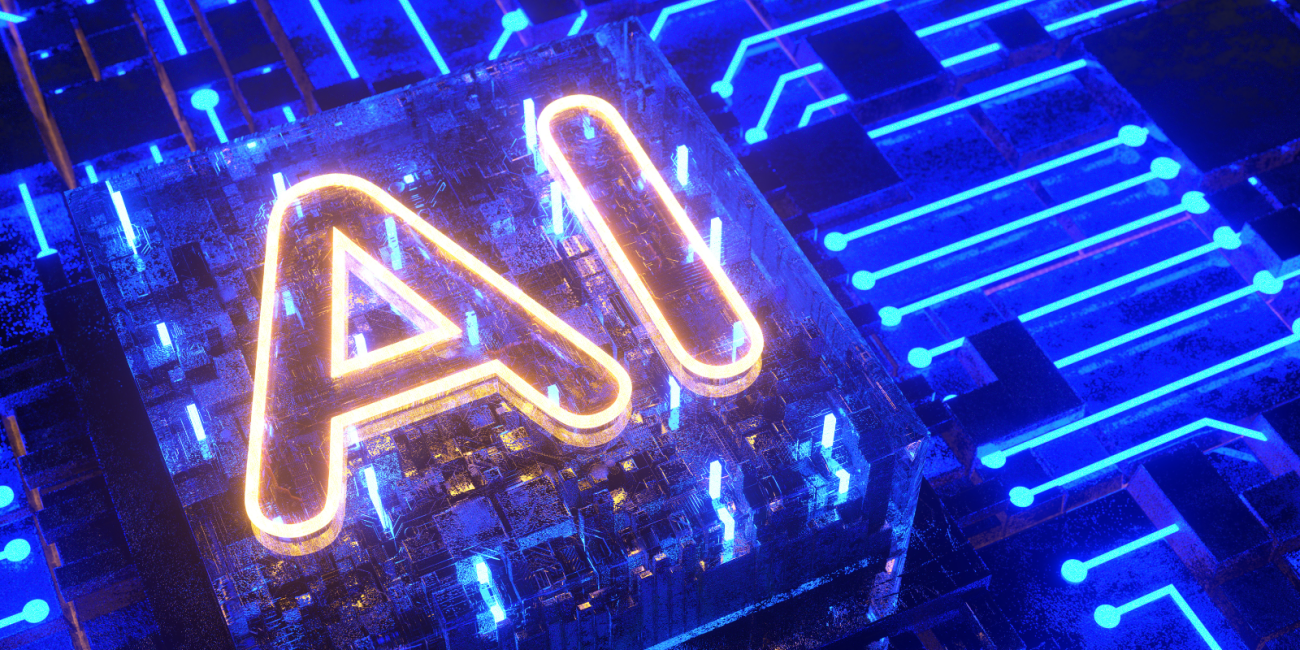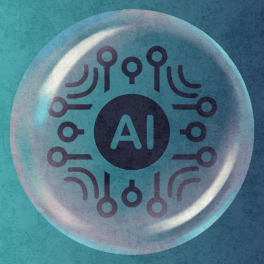
Artificial intelligence (AI) is rapidly transforming our world, from the way we work to the way we live our lives. With advances in machine learning, natural language processing, and other AI technologies, we are seeing the emergence of new applications and use cases that were once thought impossible. However, as AI becomes increasingly pervasive, it is essential that we address the ethical considerations surrounding its development and deployment.
The fundamental goal of ethical AI is to make sure that AI systems are created and used in a way that is just, transparent, and accountable. This means that we must consider not only the technical capabilities of AI, but also the social and ethical implications of its use. This includes ensuring that AI systems are not biased, that they respect privacy and human rights, and that they are developed and used in a manner that is consistent with our values as a society.
One of the major hindrances in promoting ethical AI is that there is often a tension between the commercial interests of AI developers and the public interest. For example, AI systems may be developed to optimize revenue for businesses, but they may also have unintended consequences for consumers, such as perpetuating social biases or compromising privacy. To address this tension, we need to make sure that ethical considerations are infused into the design of AI systems from the start.
Another challenge is that the development and deployment of AI is often characterized by a lack of transparency and accountability. This is partly due to the complexity of AI systems, which can be difficult to understand and audit. Additionally, many AI systems are developed and deployed by private companies, which may be hesitant to disclose information about their technologies or their decision-making processes. In order to overcome this issue, we must make sure that transparency and responsibility are fostered throughout the development and implementation of AI systems. This may include standards and guidelines for AI development, as well as independent audits and oversight mechanisms.
Despite these challenges, there are many promising developments in the field of ethical AI. For example, researchers are developing algorithms and techniques to reduce bias in AI systems and ensure that they are more inclusive and equitable. Additionally, there are efforts underway to create standards and guidelines for ethical AI development and deployment, such as the IEEE Global Initiative on Ethics of Autonomous and Intelligent Systems.
There are also many real-world examples of ethical AI in action. For example, healthcare providers are using AI to develop personalized treatment plans for patients, while also ensuring that patient privacy is protected. Similarly, governments are using AI to improve public safety and security, while also ensuring that the rights of citizens are protected.
Ultimately, our society will face both opportunities and challenges as ethical AI develops. By promoting ethical considerations in the development and deployment of AI, we can ensure that this transformative technology is used in a manner that is consistent with our values and promotes the common good. At the same time, we must be vigilant in addressing the challenges and tensions that arise in the development and deployment of AI, to ensure that it does not have unintended consequences or perpetuate existing social inequities.
In conclusion, the rise of ethical AI is a crucial topic for our society. As we continue to develop and deploy AI systems, it is essential that we consider the social and ethical implications of this technology. By doing so, we can ensure that AI is developed and used in a manner that is fair, transparent, and accountable, and that it promotes the common good.
More for you
Support Young Creators Like This One!
VoiceBox is a platform built to help young creators thrive. We believe that sharing thoughtful, high-quality content deserves pay even if your audience isn’t 100,000 strong.
But here's the thing: while you enjoy free content, our young contributors from all over the world are fairly compensated for their work. To keep this up, we need your help.
Will you join our community of supporters?
Your donation, no matter the size, makes a real difference. It allows us to:
- Compensate young creators for their work
- Maintain a safe, ad-free environment
- Continue providing high-quality, free content, including research reports and insights into youth issues
- Highlight youth voices and unique perspectives from cultures around the world
Your generosity fuels our mission! By supporting VoiceBox, you are directly supporting young people and showing that you value what they have to say.





